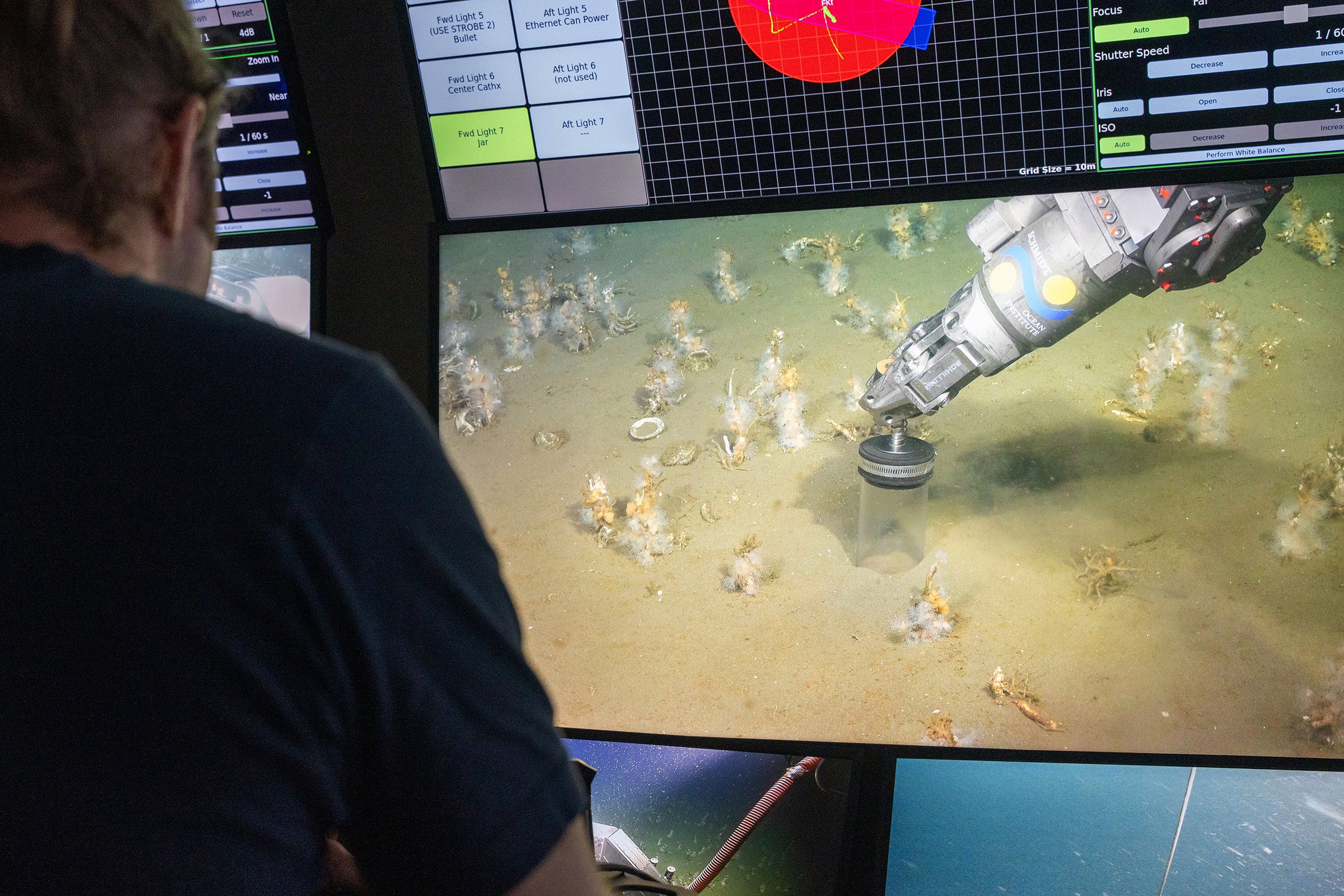Texas Science Festival-Goers to Enjoy Fusion of Curiosity and Discovery
The University of Texas at Austin will host the science-themed, STEAM-inspired festival from Feb. 21-March 6.

Hundreds of live demos and dozens of exploratory talks, tours, film screenings and panels –including with some of the world’s most accomplished scientists – will all feature at The University of Texas at Austin-sponsored Texas Science Festival.
Happening from Feb. 21-March 6, with both live and virtual programming open to the public, the two-week festival connects every-day Texans with scientists, science communicators and others focused on the natural world and STEAM (science, technology, engineering, art and mathematics). From on-campus adventures to dazzling talks to “science night out” events at locations around Texas, the program has a wide range of offerings for all ages.
“As a public university, our mission extends beyond our work in classrooms and labs – it also means engaging with the community and having big conversations around scientific themes like artificial intelligence, space exploration, health, the environment and STEM success for a new generation,” said David Vanden Bout, dean of UT’s College of Natural Sciences. “The Texas Science Festival creates a space for shared exchange and discovery. It helps build bridges between our broader community and the experiences of wonder and excitement that are inherent in science.”
Participants of all ages are invited to engage with a variety of hot topics in science, get their questions answered and enjoy learning how the world works at participating events. Coordinated program includes longstanding UT events that draw thousands – like the family-friendly annual STEM Girl Day on Feb. 22 – to newer, more focused offerings, such as an astronomy talk at a local winery, targeting those 21 and over. This year’s festival theme, “Fusing Curiosity with Discovery,” speaks to the wide-ranging program, which kicks off with two events pertaining to science and food and concludes with three days of special sessions related to AI and robotics.
Sponsored by The University of Texas at Austin, the festival has events coordinated with two dozen partner organizations. New events continue to be added to the schedule, featuring speakers and presenters including leading scientists, authors, innovators, artists and experts, such as Nobel Prize-winning physicist Donna Strickland, professional mountaineer Ed Viesturs and award-winning film director Ian Cheney. The festival’s various performances, panels, screenings and social events explore everything from pathways into science to awe-inspiring phenomena like black holes. Some events provide practical insights into areas like maintaining brain health, navigating the possibilities of new technologies and understanding the implications for homeowners of changing weather in Texas. Participants will also have opportunities to hear about a wide range of interesting subjects: what humans can learn from chimpanzees, how Indigenous people’s knowledge of plants can be useful today and how AI is changing the process of writing and human expression.
New this year to the Texas Science Festival are:
- A series of events about the connections between science and art: Musical Memories: An Evening of Music and Science; aqueous, a dance performance coordinated by Planet Texas 2050 at Waller Creek exploring ecological resilience and conservation concerns; The Science of Modern and Contemporary Public Art Preservation: A Walking Tour showcasing nature- and science-inspired Landmarks art on campus; and several events where winners of UT’s Visualizing Science contest will be on display.
- Several events billed “Science Night Out,” where in partnership with local film and art organizations, pubs, breweries and wineries, science topics will take center stage, making for an engaging night on the town.
- A coordinated collaboration with Texas Robotics, UT’s Machine Learning Lab and the Amazon Science Hub in the last days of the festival will bring together industry stakeholders, academics and community members to learn about the rapid changes happening in AI and robotics.
- Astronomy discussions, both live and online, where attendees will learn about subjects like planetary discoveries and exploring Mars, with a NASA Johnson Space Center expert and experts from UT’s McDonald Observatory.
The Texas Science Festival was launched virtually in 2021, and a hybrid version of the festival was held in 2023. With a few exceptions for events that require tickets, 2025 festival events are free, though space is limited. To learn more, explore options and sign up to attend, visit sciencefest.utexas.edu.



